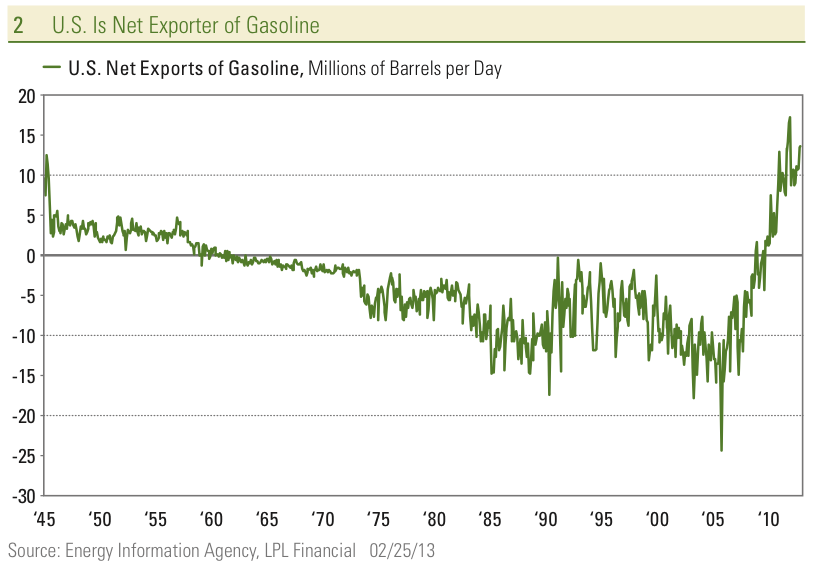Commentary Money Market Funds Enter the Danger Zone
Post on: 16 Март, 2015 No Comment

April 08, 2001
By Lewis Braham
It’s simple: You put a buck in and get a buck back. In between, you collect a better interest rate than you would at the bank. Since their creation in 1969, money market funds have kept that promise, except once, when Community Bankers U.S. Government Money Market Fund shares’ net asset value fell to 94 cents in 1994.
The aura of safety reassures investors, who hold a record $2 trillion in such funds. But many are less rock solid than they appear. In January, five fund families, including Scudder Kemper Investments and Dreyfus Founders, revealed they had to buy defaulted commercial paper issued by Southern California Edison Corp. and Pacific Gas & Electric Corp. to prevent their funds from breaking the buck. The total bill could be $400 million, according to Peter Crane, editor of Money Fund Report.
With debt defaults on the rise and corporate credit ratings tumbling as the economy weakens, similar incidents will become much more common. Pacific Gas & Electric isn’t the only one in trouble, says Douglas A. Rivkin, a credit analyst at Moody’s Investor Service. We recently downgraded AT&T (T), DaimlerChrysler (DCX), and France Telecom (FTE).
WIGGLE ROOM. Of course, there are safeguards. But they’re not as strong as they first seem. For instance, by law money market funds have to invest at least 95% of their assets in top-notch short-term debt such as commercial paper rated P-1 by Moody’s or A-1 by Standard & Poor’s Corp. But there’s a wrinkle: A fund holding paper that is later downgraded can keep it. Many do, betting that the paper won’t default, as did PG&E’s.
Producing a high yield, a big draw to many investors, is getting tougher. The dearth of high-quality debt, coupled with smaller issues of Treasury bills, makes for fierce competition between the 1,500 money funds. So, average yields have dropped sharply to 4.8% from 5.9% on Jan. 1. In order to have the best-performing money fund now, you’ve got to do something out of line, says Bruce Bent, CEO of Reserve Funds and creator of the first money market fund.
Bent invests his own funds in Treasurys, bank CDs, and repurchase agreements, spurning commercial paper. Other managers love it—and have branched out into asset-backed credits, which bundle the likes of credit card, mortgage, or auto loans into a single pool. Because hundreds of borrowers are involved, the debt is harder to assess and may have a greater risk of default.
Funds can also buy unrated commercial paper and municipal debt, which usually yield more than rated securities. Unrated doesn’t mean poor quality: The issues are just too small to rate. Determining that their quality is up to snuff is left to fund managers. That creates an inherent conflict of interest, as managers could be tempted to okay poor-quality debt to boost their yields. Funds’ boards monitor this activity, but not specific issues. We approve the fact that the fund has effective procedures in place to make a rating, says Gerald C. McDonough, a retired Fidelity Investments fund director.
Distressed unrated debt could cause serious problems because it is often thinly traded and hard to sell. Nobody knows how much unrated debt money funds hold, but tax-free funds appear to be the largest buyers. Manager John C. Bonnell of the top-yielding Strong Municipal Money Market Fund says there are several unrated securities in his portfolio. But he usually insists that the debt issuer has insurance: a letter of credit from a top-rated bank, guaranteeing the investment. In such cases, he says it’s the bank’s credit quality that matters, not the issuer’s.
But the law does not mandate letters of credit. Nor does it require mutual fund companies to bail out their money market funds when they stumble. While funds always have in the past, betting on the next bailout isn’t a sound investment strategy. Investors seeking safe haven should ignore outsized yields and stick to money funds with low expenses, run by large, established fund companies. Or they should buy funds that invest only in Treasurys and government agency bonds. That’s as sound as you can get. Braham covers mutual funds.














